Wool & Leather


The February issue of SALT explores the intersections of heritage, craftsmanship and resilience. From a quiet revolution in Armenian fashion and the struggle of local brands competing against global giants to the evolution of traditions among Armenian women from the Middle East and the power of art and storytelling as acts of defiance, these stories examine identity, creativity, and forces that are shaping Armenian culture across generations and borders.
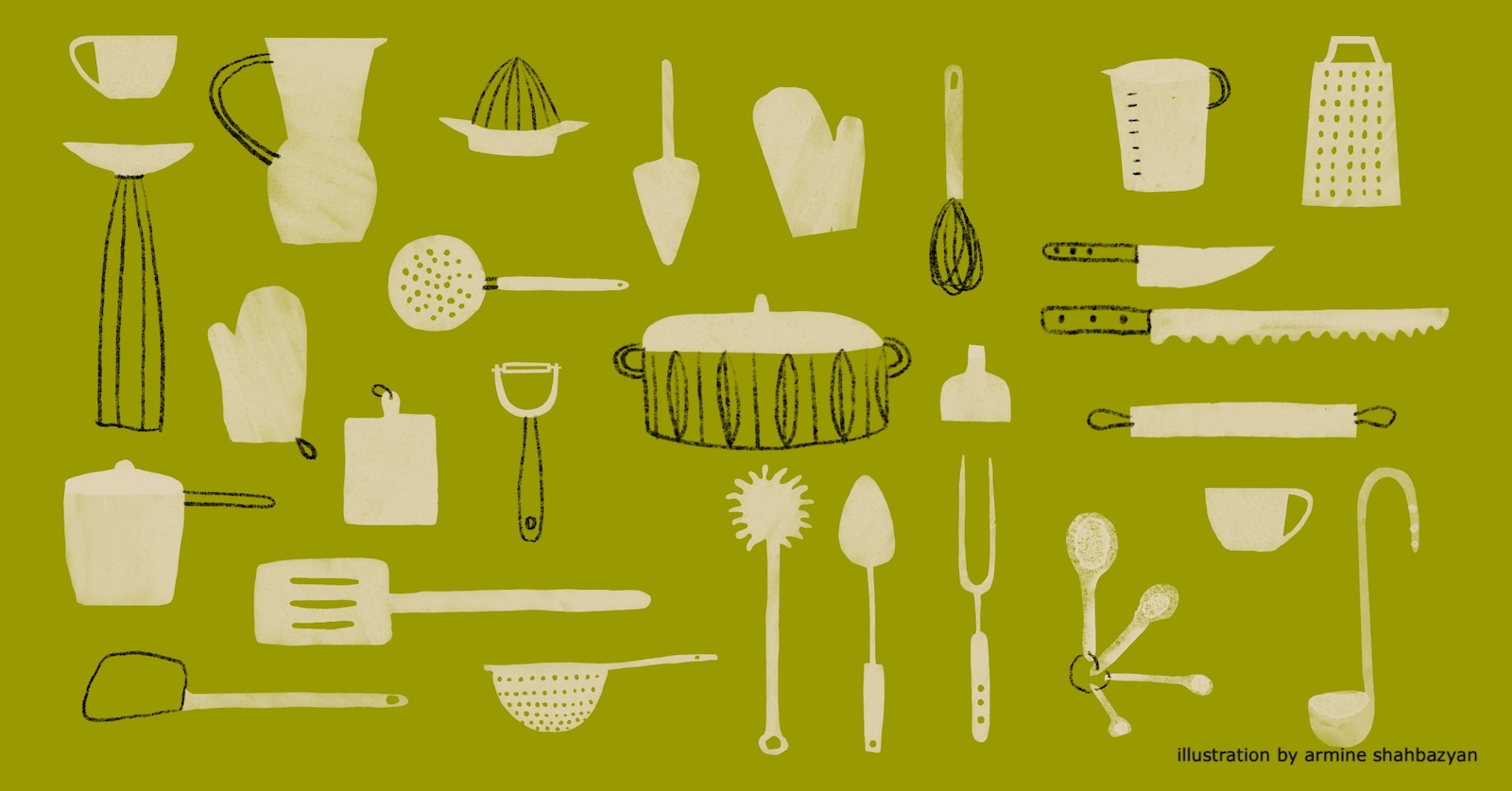
Azura is a light, airy, and beautifully designed restaurant with a strong Greek influence despite its Neo Mediterranean label. The appetizers impress, the desserts delight, but the service is inconsistent. A mixed experience, yet its ambiance and select dishes make it worth a visit.

In this photo story, Aram Kirakosyan explores the inner worlds of four painters, each reflecting on the purpose and necessity of art. Through their words and works, they reveal art as both a personal compulsion and a universal language, one that transcends time, struggle and material existence.

In the heart of Paris, Paramaz blends Armenian heritage with artisanal craftsmanship. Founded by Hagop Markarian, the café-atelier offers handcrafted leather goods, immersive workshops, and a welcoming space where culture, creativity, and tradition converge over coffee and storytelling.
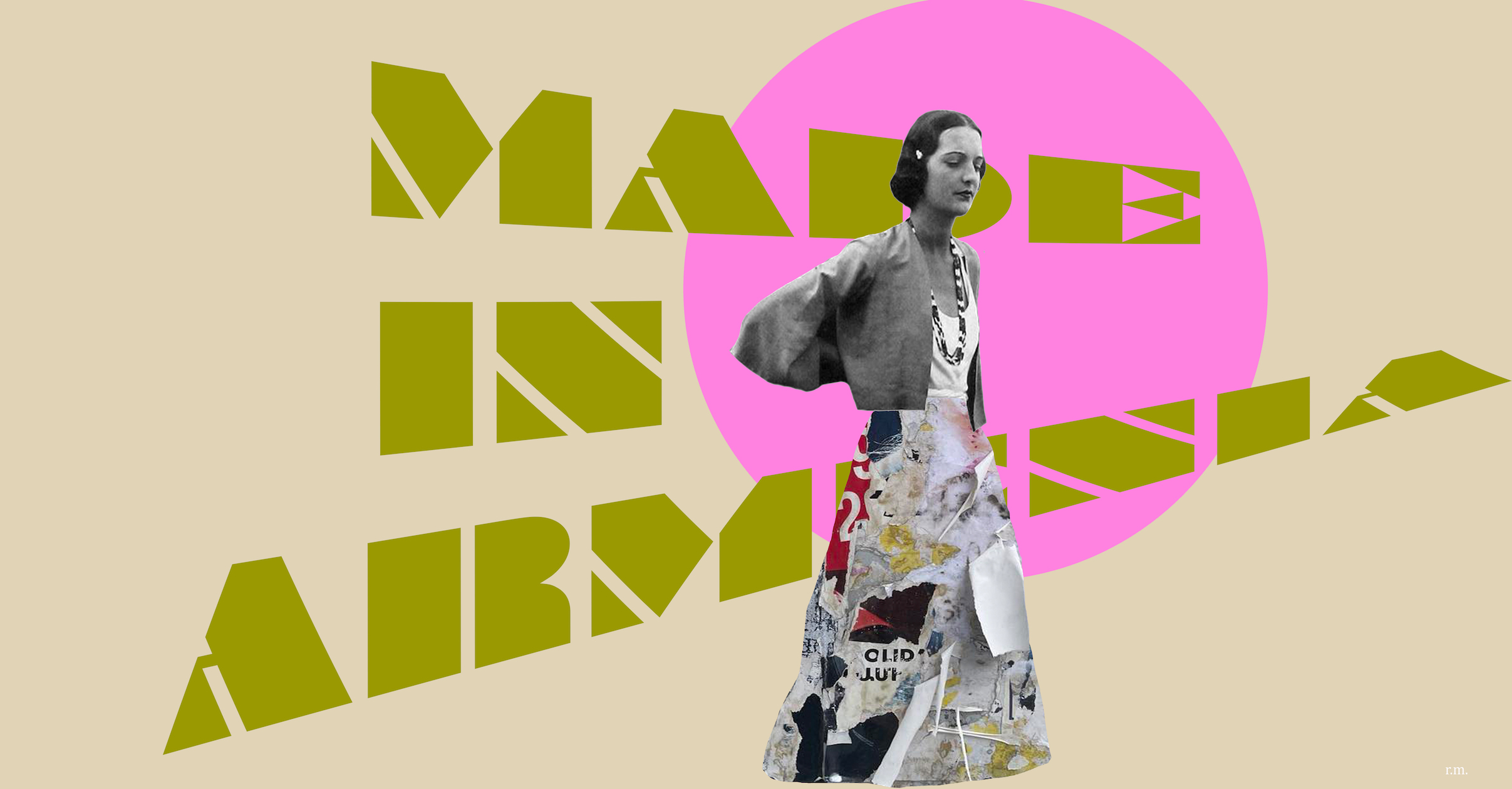
Armenian brands like Melante, White, and Alex Textile offer stylish, affordable fashion, yet international giants like Zara remain dominant. Edita Movsesyan explores pricing, design, and market appeal to see whether local brands can compete—and what they need to succeed.
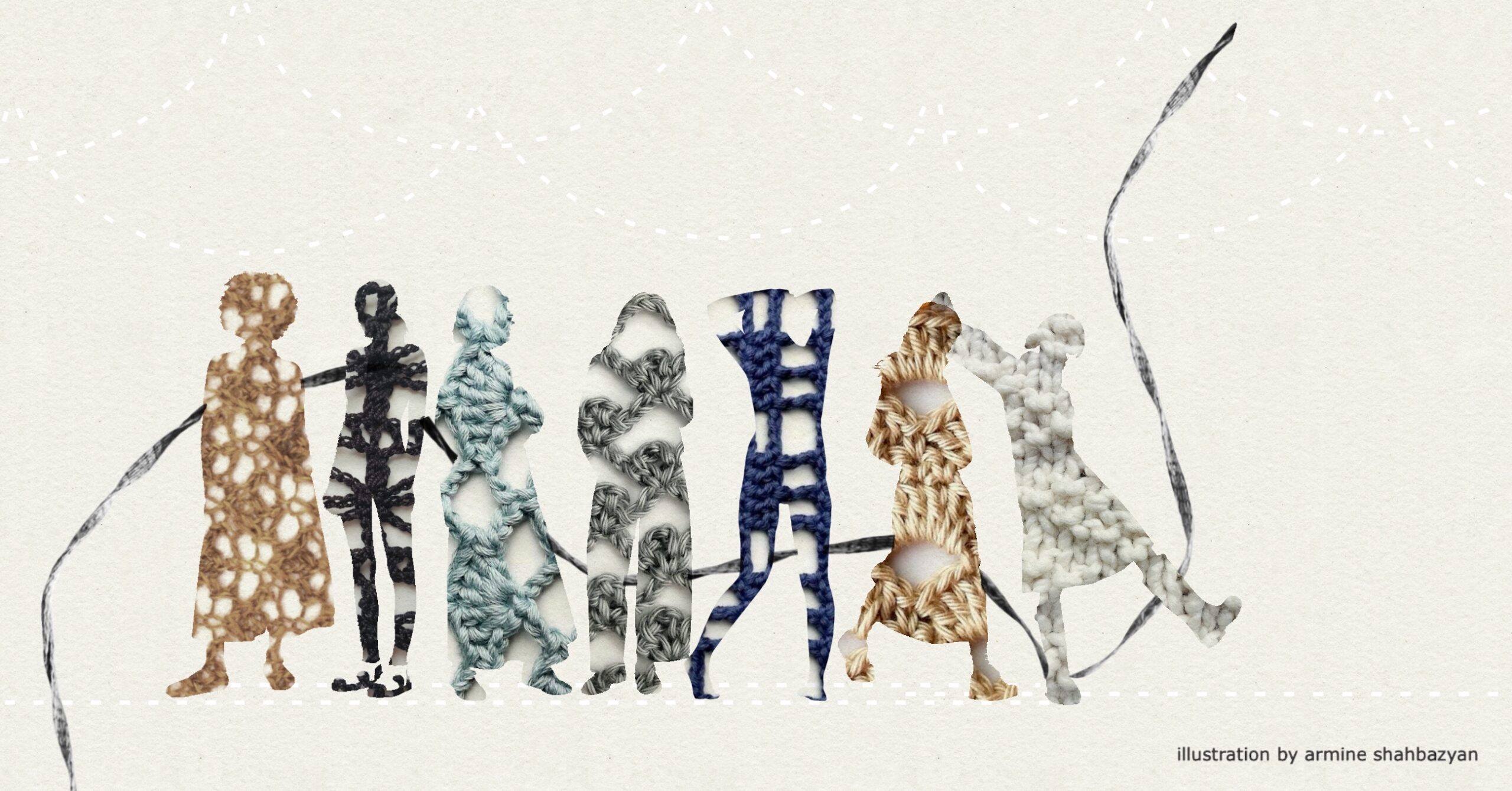
Loom Weaving, founded by Inga Manukyan in 2014, sparked a quiet revolution in the Armenian fashion industry. More than just a knitwear brand, it became a force of artistic expression, creating pieces that embody movement, innovation and self-expression.
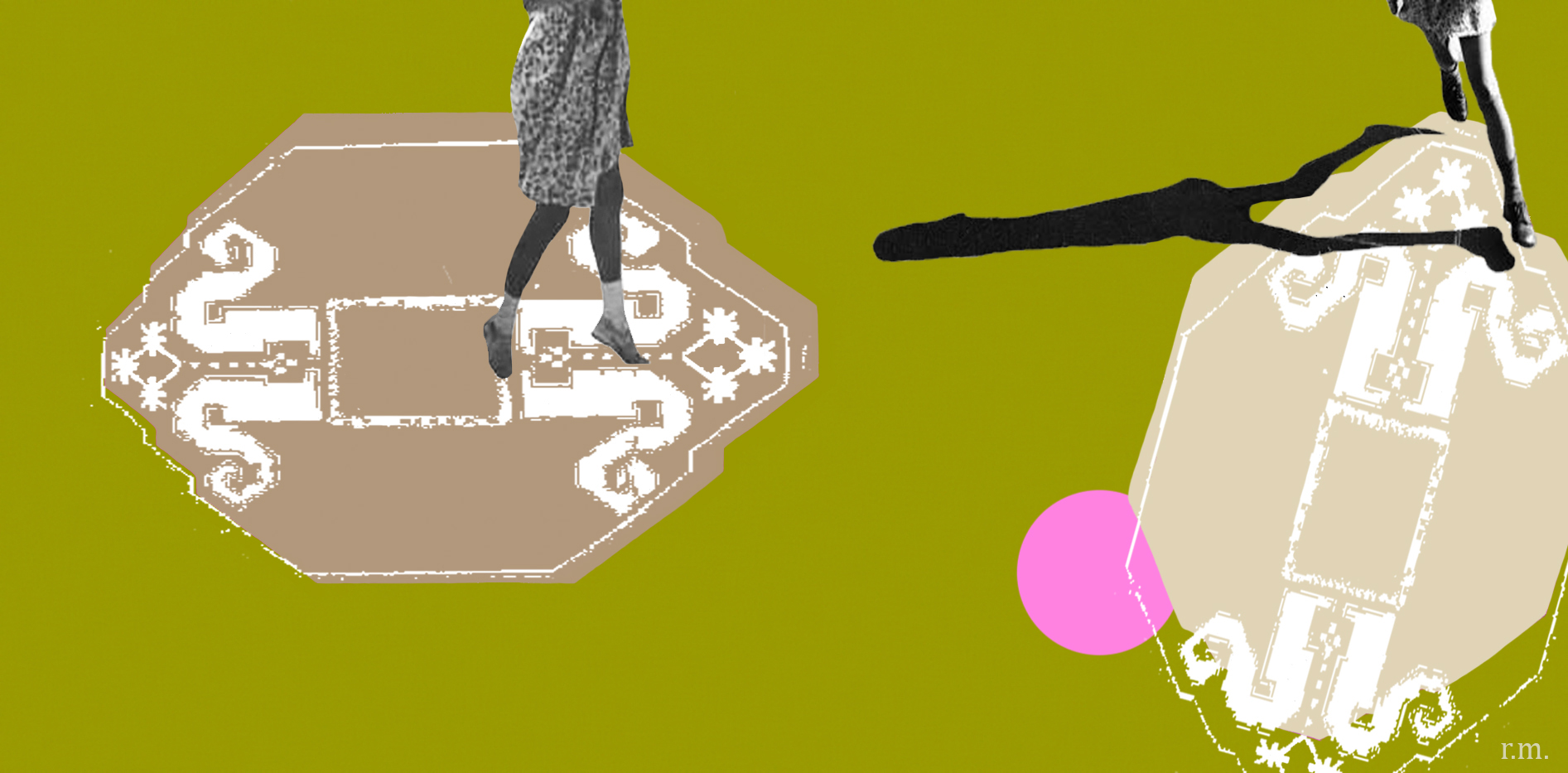
Astrid Kamalyan’s debut children’s book, “Bábo: A Tale of Armenian Rug-Washing Day”, inspired by her ancestral home in Artsakh, celebrates heritage, identity, and the purity of childhood joy. In the wake of its loss, her story transforms into an act of defiance—a testament to memory, resilience and the enduring power of storytelling.
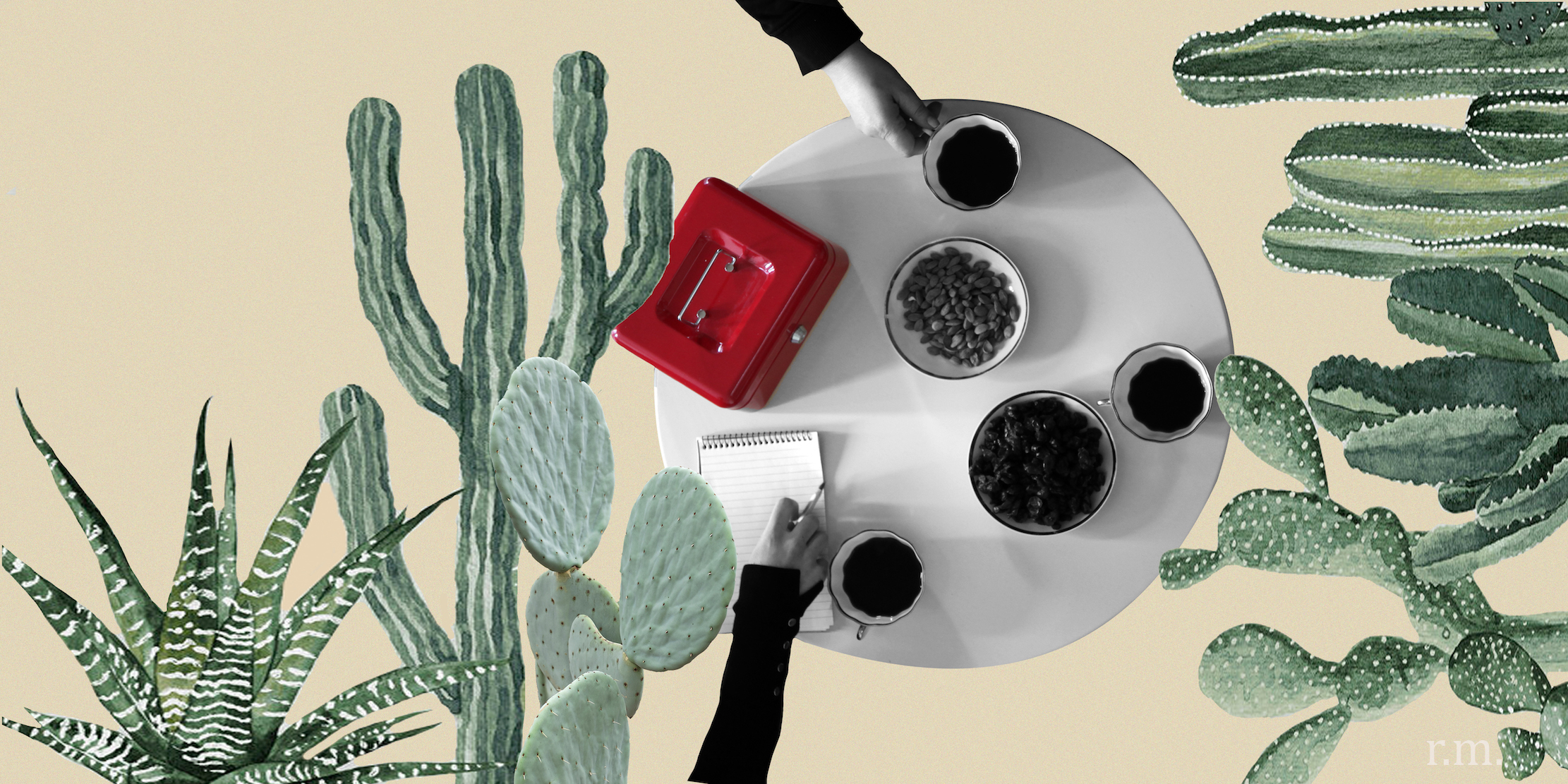
Shirkets, once economic cooperatives in Lebanese refugee camps, have evolved into social networks for Armenian women across the Middle East. Gaya Balian explores their origins, transformation, and enduring role in fostering community, solidarity, and mutual support across generations and geographies.
EVN Report’s mission is to empower Armenia, inspire the diaspora and inform the world through sound, credible and fact-based reporting and commentary. Our goal is to increase public trust in the media. EVN Report is the media arm of EVN News Foundation registered in the Republic of Armenia in 2017.
SUPPORT INDEPENDANT JOURNALISM